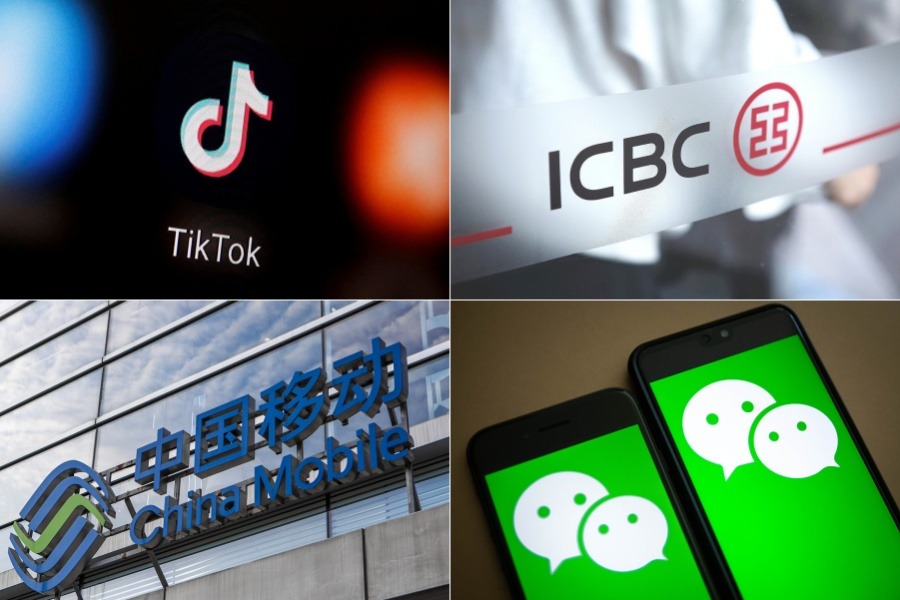Cui concerned by talk of counter alliances
By ZHAO HUANXIN in Washington | chinadaily.com.cn | Updated: 2021-01-28 13:31

Beijing's top envoy to Washington has cautioned that the recent call to the US administration to build up alliances against China may be counterproductive, risking of further disrupting regional order.
Recalling that in the past few years, some people in the US have tried to deny the gains from the two countries' engagement by creating rumors and fanning confrontation, Ambassador Cui Tiankai said they attempted to hijack America's China policy and push China-US relations down the precipice of confrontation.
"This has seriously damaged the fundamental interests of the two peoples and is doomed to failure," he said at "US-China Engagement: Past Achievements & Future Adjustments", an online dialogue held by the Carter Center and the Chinese People's Association for Peace and Disarmament.
The event, which also was attended by representatives of former diplomats and scholars from both countries, marked the 42nd anniversary of diplomatic relations between the two countries.
"There have also been calls recently for America to adjust its strategy and build an allied and partner coalition, so as to address what they call China's challenge and restore balance and legitimacy in the Asia-Pacific,"Cui said. "Such an adjustment is just like putting old wine in a new bottle."
It may lead to the same mistakes made in the past and create new imbalances, which will further disrupt the regional order, the ambassador said.
"Taking China as a strategic rival and an imaginary enemy would be a serious strategic misjudgment," he said. "To develop any policy on the basis of that would only lead to grave strategic mistakes."
Cui said differences in history, culture and social systems do not justify antagonism or confrontation. Instead, they should motivate cooperation.
"We may have competition. But we don't have to be rivals. Instead, we should strive to be partners," he said. "Cooperation is the only right option for the two sides."
Cui noted that America is a great nation, but it would have to ask itself whether it can accept the development and prosperity of another nation whose history, culture and political system is different, and live peacefully with it.
The only way out of differences and disagreements is candid and equal-footing dialogue, on the basis of mutual respect, he said, adding that claiming that dialogue is useless is no less than advocating confrontation.
On his first day serving as US secretary of state, Antony J. Blinken said it's not a secret that the relationship between the US and China is "arguably the most important relationship that we have in the world going forward", which has both competitive and cooperative aspects.
"And the cooperative ones are in areas where it's in our mutual interest to try to work together, including, manifestly, on climate, where it's in the interest of China and the interest of the United States and the interest of countries around the world to make concrete progress in combating global warming," Blinken told reporters. "And so I think and hope that we'll be able to pursue that."
Jimmy Carter, the 39th president, who received former Chinese leader Deng Xiaoping during his historic visit to the US 42 years ago, recalled that when he and Deng announced the decision to establish full diplomatic relations between China and the US, "we knew that we were opening an era of opportunity for both nations".
The relationship is now under "significant strain", "nonetheless, the United States and China are and must remain closely connected," the 96-year-old said in a letter read before the dialogue.
"The Chinese people continue to consume billions of dollars in American agricultural products; Americans buy vast quantities of Chinese manufactured goods each year; and our interests frequently overlap in the developing world and in the fight against climate change," Carter noted.
"Despite challenges between our governments, I am confident that both the American and Chinese people desire peace and prosperity over conflict. Together, they can call on their respective leaders to abandon zero-sum rivalry, and to instead restore trust, respect, and normalcy between our two nations," he wrote.
Max Baucus, a former US senator and ambassador to China between 2014 and 2017, said there has been much tension between the two countries, but things will change.
"I think they will hit bottom. And we're going to start to rise and put things back together again," he said.
























